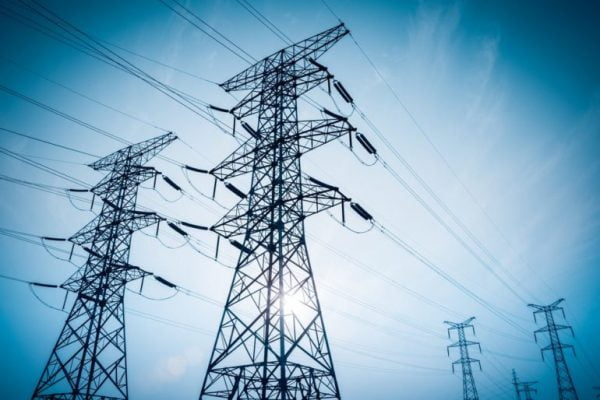ZESA Holdings has lined up a number of stop-gap-measures, which include mobilising US$80 million to clear arrears with Eskom of South Africa and Hidroelectrica de Cahora Bassa (HCB), in bid to alleviate rolling power outages being experienced in the country.
Payment of the US$80 million arrears would unlock more power imports, which have slumped significantly from 450MW to a measly 150MW due to arrears.
Zimbabwe is battling electricity shortages following a sharp decline in water levels in Kariba Dam due to erratic rains in the 2018-19 rainfall season, and generation constraints at Hwange Power Station because of ageing equipment.
Zesa spokesperson, Mr Fullard Gwasira said in e-mailed responses that they “acknowledge” the increase in power outages and believe power imports and using electricity sparingly would be a panacea in the interim.
“(We are introducing) demand side management (DSM) initiatives where customers are urged and encouraged to use electricity sparingly in order to release additional capacity to other needy areas and; mobilisation of resources to clear the US$80 arrears that Zesa owes to regional suppliers (Eskom of South Africa and HCB of Mozambique) in order to unlock capacity for increased imports,” said Mr Gwasira.
Zesa currently imports 50MW from Eskom and up to 100MW from HCB but can access up to 450MW from the two regional power utilities if it extinguishes its arrears.
Zesa struggles to pay for power imports due to foreign currency shortages.
Mr Gwasira expects load shedding to “continue until enough resources have been availed to fill the gap with imports of about 500MW from the region”.
“Sister utilities expect us to provide a workable payment plan and pay for current consumption in full. A good rainfall season also will come in handy as it will restore the live level of the dam,” he said.
In the long-term, Zesa expects the completion of the Hwange Expansion Project in 2022 and the re-powering of Bulawayo and Harare power stations to bring “significant relief” to the electricity supply situation.
On completion, Hwange Thermal Power Station would add 600MW to the grid while the re-powering project at Bulawayo and Harare power stations would add 90MW and 120MW respectively.
Zesa has not obtained a tariff increase since 2011 and currently sells electricity at an average price of $9,86c per kilowatt hour (kWh), which used to be US9,86c/kWh before the Monetary Policy Statement of February 20.
Mr Gwasira concurred.
“It is true that we have a sub-economic tariff which needs an urgent review. The cost of thermal power generation has increased significantly, along with the cost of diesel, which are key components in the generation mix.
“This is exacerbated by the fact that most of our consumables such as power imports, cables, oils, diesel, water at Kariba, transformers and transformer oils, and spares, are all paid for in United States dollars,” he said.
The introduction of a local currency, RTGS$, means consumers are now paying almost three times less than the previous value.
Confederation of Zimbabwe Industries (CZI) president Mr Sifelani Jabangwe told our Harare Bureau by phone that: “I think the tariff probably now needs to reviewed because even if you look at it against the interbank rate, the tariff has now come down from the average tariff of US$0,0986 to just over US$0,03.
“We have always said we want it to be around US$0,05 or US$0,06 but it is now way below that.”
But the industrialists want a tariff that will make local products competitive. _The Chronicle




